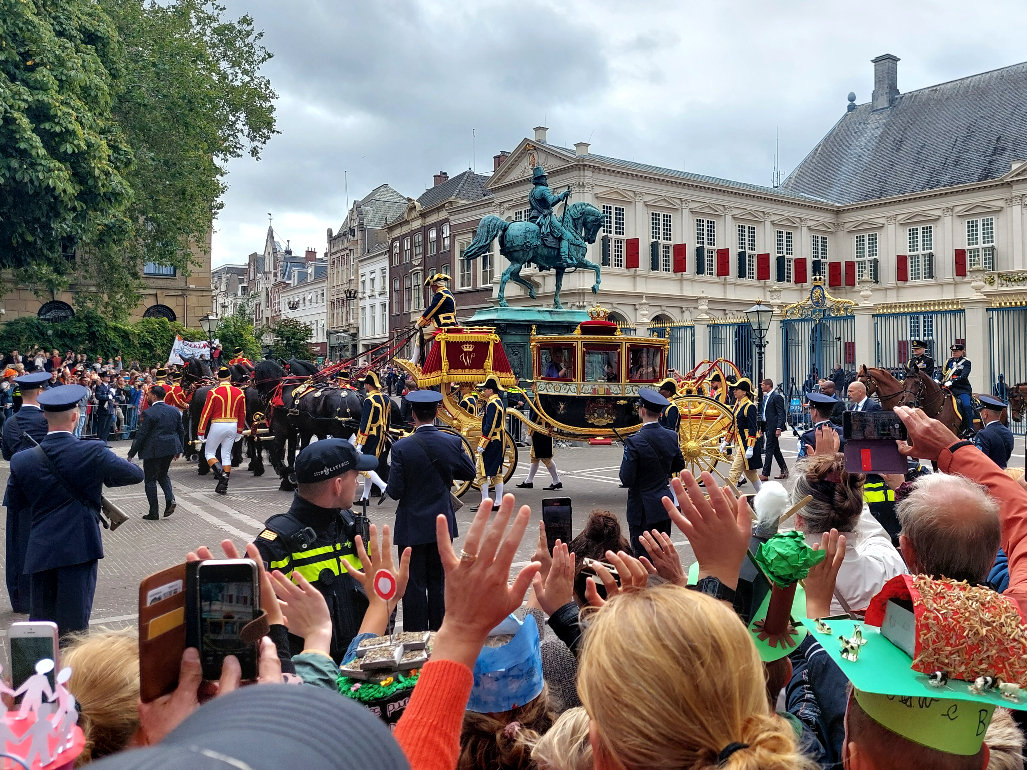Just 29% of voters have confidence in politics as election looms

Trust in politics has plunged in the last 12 months, with fewer than three in 10 voters believing politicians are addressing their concerns.
Three-quarters of voters say parties are failing to work together or find solutions and are too preoccupied with themselves, according to the annual survey by Ipsos I&O to mark the start of the parliamentary year.
Trust has fallen fastest among people with lower and mid-level qualifications, who had the highest expectations of the right-wing cabinet when it took office in July last year.
But after 11 months in which rows between the coalition partners hampered their ability to make progress on key policy areas such as asylum and housing, just 20% of people in the lowest educational bracket said they still had confidence in politicians, down from 40% a year ago. The figure for all voters is 29%, the lowest rating since 2022.
“These groups were more likely than average to vote for the PVV and BBB,” Ipsos researcher Asher van der Schelde told NOS.
“They hoped that their interests would be better served when the Schoof cabinet took office. That hasn’t happened, with the result that trust among this group has fallen back to the level of before the previous elections.”
PVV confidence plunges
Just 14% of voters who backed Geert Wilders’ far-right PVV when it won 37 seats at the last election still have confidence, down from 50% a year ago, while the figure for supporters of the farmers’ party BBB is just 13%.
Voters are most critical of the government’s handling of asylum and immigration, with 68% saying they are dissatisfied after a year in which the PVV-appointed asylum minister Marjolein Faber failed to steer Wilders’ plans for more stringent rules through parliament.
Disapproval is strongest among supporters of the PVV, 87% of whose voters are critical of the government’s record, and the hard-right JA21, where the dissatisfaction level is 92%.
However, 45% of all voters disagreed with the plan to repeal a law forcing local councils to accommodate a proportionate share of refugees, known as the “spreading law”, to ease the bottleneck at the reception centre in Ter Apel.
Just 32% of people supported the move, which is one of Wilders’ flagship policies on asylum.
Election fears
Voters have little hope that the election on October 29 will bring an improvement in the situation, with just 18% believing national politics will function better after the election.
GroenLinks-PvdA supporters are most optimistic about the future, with 36% believing the election will bring a positive change, followed by 28% of CDA voters and 27% of D66 voters. Only 12% of PVV supporters and 3% of BBB voters believe the election will have be beneficial.
Nearly half of all voters (44%) expect the economic situation to get worse in the next year, while 7% believe it will improve. Pessimism is strongest among Socialist Party (SP) voters, 59% of whom think the economy will deterioriate, as do 55% of PVV supporters and 52% of BBB voters.
Thank you for donating to DutchNews.nl.
We could not provide the Dutch News service, and keep it free of charge, without the generous support of our readers. Your donations allow us to report on issues you tell us matter, and provide you with a summary of the most important Dutch news each day.
Make a donation